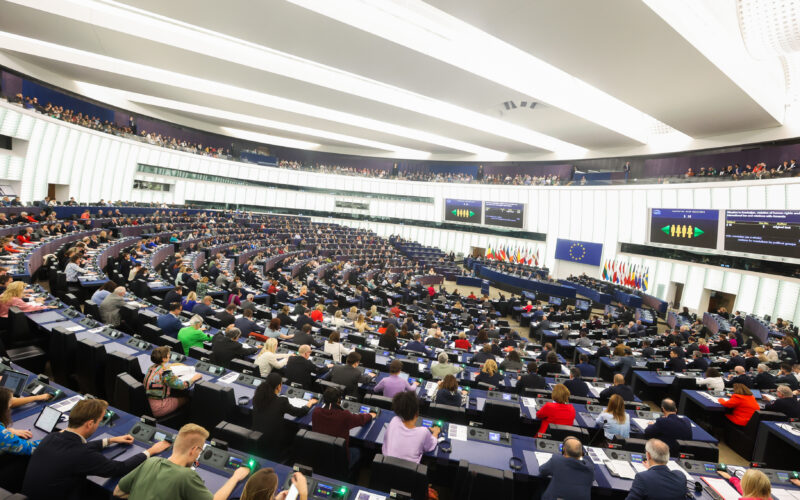On November 14, the European Parliament may adopt a resolution on the EU’s actions against the Russian shadow fleet at its plenary session.
The draft resolution was published on the Parliament’s website, revealing some new statements and decisions regarding the Russian shadow fleet. According to the document, the ‘shadow fleet frequently circumvents sanctions by sailing under convenient flags from countries with little or no control over ship security standards. The shadow fleet often consists of old and structurally unsound vessels that pose significant risks to marine ecosystems, particularly in the Mediterranean and Baltic seas, where oil spills are a particular concern.
The authors of the resolution suggest improving the identification of vessels associated with sanctions evasion, especially in the Baltic. and Mediterranean regions. They call on Member States to designate ports that can handle sanctioned vessels carrying crude oil and LNG, and to seize illegal cargo without compensation.
Additionally, the resolution’s project proposes calling for revenues from seized cargo to be placed in a fund for crisis preparedness and mitigating potential environmental impacts from incidents involving the shadow fleet. Recent reports suggest that the shadow fleet has grown by 70% over the last year, with an estimated total of more than 600 vessels.
On September 2024, the UK foreign secretary, David Lammy, said: “Russia has been forced to spend over $8bn amassing this shadow fleet. But with sanctioned tankers loitering and unable to load oil, we are determined to make Putin’s investment an expensive misstep for the Kremlin.”




